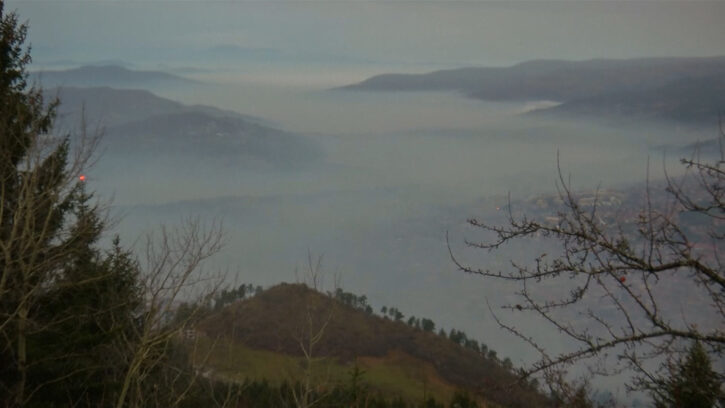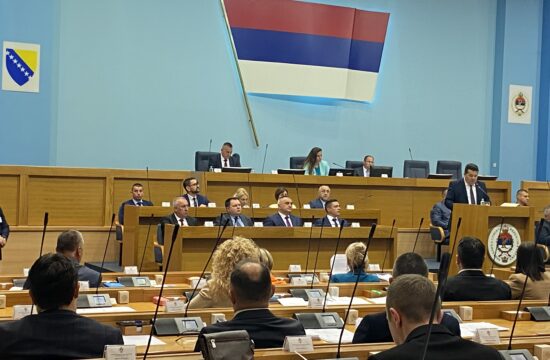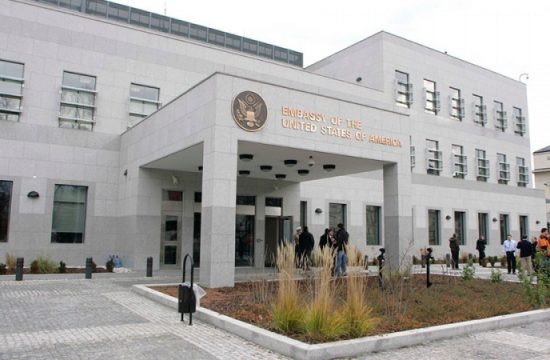
Bosnia and Herzegovina’s authorities have failed to tackle the country’s horrific air pollution, which kills thousands of people prematurely each year and is detrimental to the health of thousands more, Human Rights Watch said Monday.
The country’s reliance on coal and wood for heat and coal for electricity generation makes cities in Bosnia and Herzegovina some of the world’s most polluted during the winter months. The country has the fifth-highest mortality rate from air pollution.
“An outdated reliance on coal in Bosnia and Herzegovina is killing thousands every year, while the authorities do little to prevent the problem or even to warn people of the risk to their health,” said Felix Horne, senior environment researcher at Human Rights Watch. “With air pollution season just a few months away, there is no time to waste to start making changes.”
During winter months, levels of fine particulate matter, nitrous dioxide, sulfur dioxide and other deadly pollutants regularly exceed what the World Health Organization says is safe for human health. Every year, an estimated 3,300 people in the country die prematurely from exposure to air pollution – 9 percent of all deaths, according to the World Bank. Thousands more live with increased respiratory and cardiovascular conditions. Older people and children are particularly at risk.
Bosnia and Herzegovina produces electricity by burning lignite, a low-quality polluting type of coal found in abundance throughout the country, in outdated coal plants. Poor building insulation and using coal, wood, and other plant materials for heating contributes to pollution. And winter air pollution is exacerbated by inversion, with pollutants effectively trapped in narrow river valleys where many cities are located. Outdated and polluting vehicles also contribute to the deadly air.
Between December 2020 and April 2021, Human Rights Watch interviewed 35 people about their experiences with pollution, 22 of them over age 65 in addition to local government officials, academics, health professionals, and local civil society activists. Human Rights Watch also reviewed air quality data and official government documents. Human Rights Watch wrote letters to relevant entity ministries, the electricity companies in both Republika Srpska and the Federation of Bosnia and Herzegovina, and local governments. Sarajevo canton, the Ministry of Mining and Energy in Republika Srpska, and Elektroprivreda Republika Srpska had responded by time of publishing.
You can read the entire report HERE.




Kakvo je tvoje mišljenje o ovome?
Budi prvi koji će ostaviti komentar!